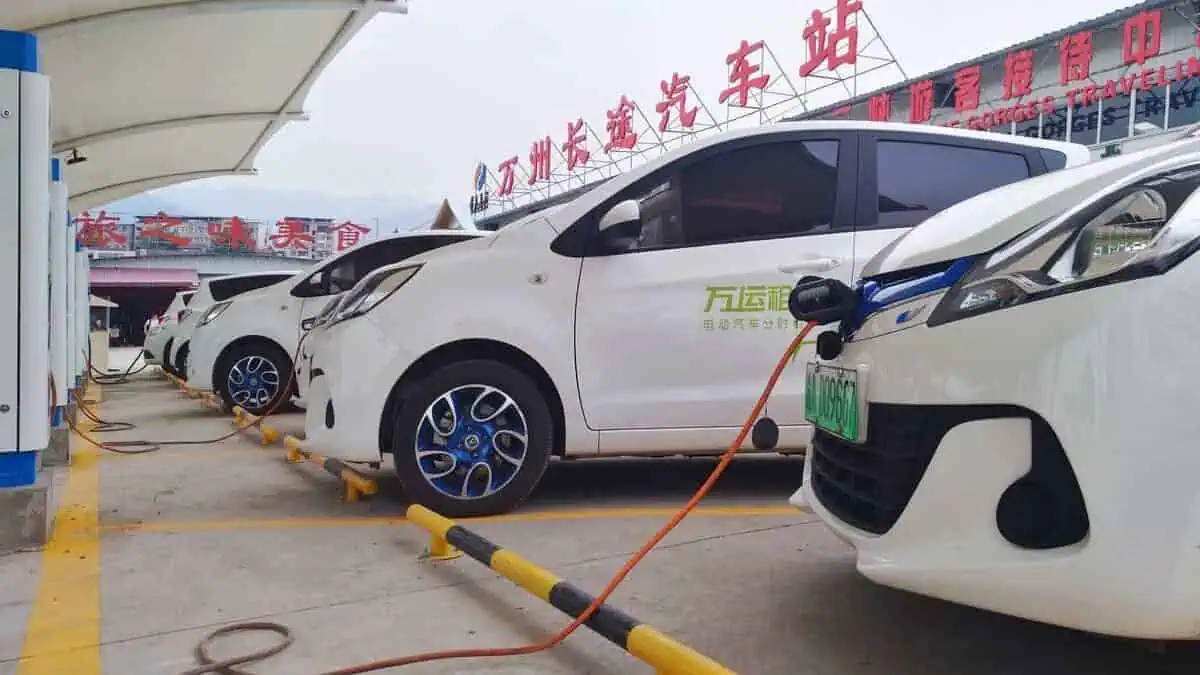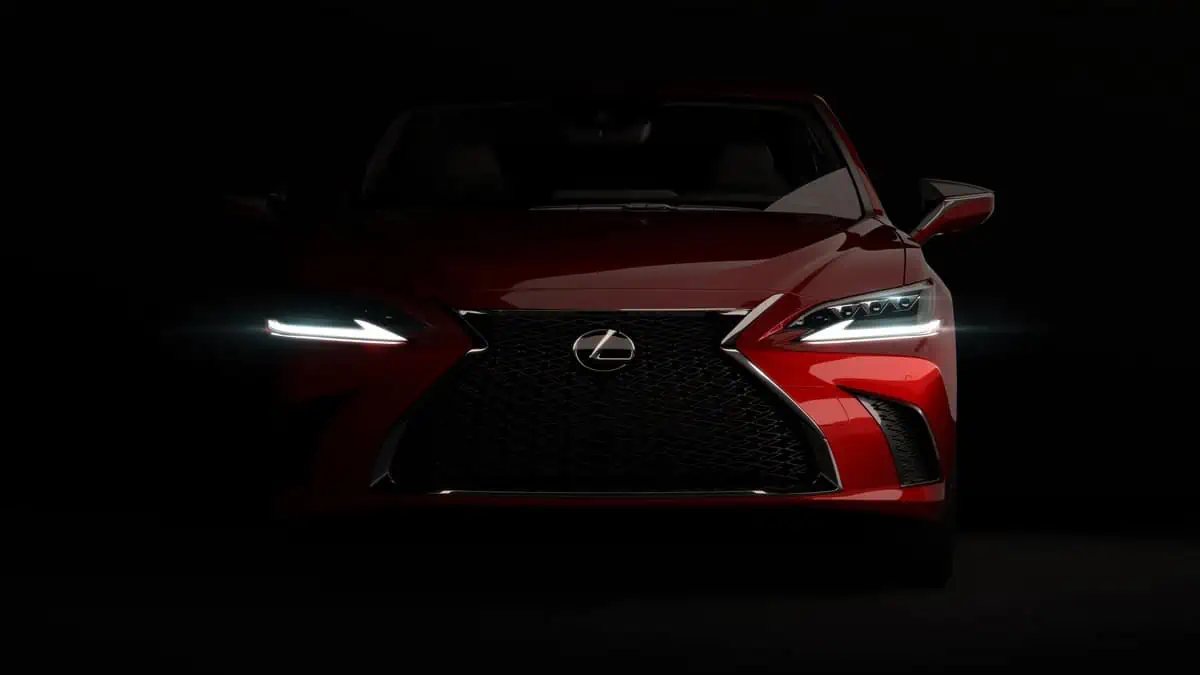A slow rollout of electric cars and continued demand for internal combustion engine (ICE) models in China, the largest EV market, is setting some of the world’s biggest carmakers back.
Among major international players’ joint ventures (JV), ten are at the bottom, ranking worst in ICE sales, according to CMB International Capital and data from the China Association of Automobile Manufacturers.
According to The National News, customer appetite in China for EVs is growing. The glory days for foreign automakers that continue to hold on to petrol-powered models may be numbered.
For instance, Stellantis’s announcement in July that it was shutting its only Jeep plant in the nation raised several concerns about what the future holds for international manufacturers.
“It doesn’t matter if you’re local or foreign, whoever has more resolve in going electric, whoever moves faster will have a better market share,” said the managing director of Shanghai-based consultancy Automotive Foresight Yale Zhang.
“If their EV rollout is quick, JVs will still have a chance. If they continue at this pace, they’re not going to make it in time for the explosive growth window in the next few years.”
Electrification efforts of car makers
According to Zhang, most global automakers have been slow with their electrification efforts. While over half of the cars sold by Chinese brands in October were electric, electric vehicles made up 4.6% of sales of mainstream JV brands.
Volkswagen, China’s best-performing foreign product, only sold about 130,000 EVs in the country from January through to September, accounting for 7.6% of its total sales in China, which is behind the pace of electric vehicle uptake more broadly.
Notably, nearly one-third of new cars sold last month were new-energy vehicles, including pure battery-electric cars and plug-in hybrids, up from fewer than one in six last year.
Sales in China
Customers in China are increasingly picking domestic EV brands that are competitively priced, eye-catching, and with smart features like autonomous driving and in-car entertainment.
Home-grown marques, which BYD leads, amounted to almost 80% of EV sales in the first seven months of this year, according to China’s Passenger Car Association.
To be certain, there is still a large market for ICE cars in China, and not all foreign carmaker JVs are struggling.
Since June, Toyota and Volkswagen reported a rebound in combustion-engine sales, driven by RMB 60 billion ($8.4 billion) of government tax rebates.
October car sales for FAW-Volkswagen grew to almost 10% from a year ago, while GAC Toyota’s grew by 45.4% year-on-year. And two-thirds of China’s 15 best-selling automakers this 2022 are still foreign-local ventures.
“There are still JVs that have built strong brand images and accumulated large cash balances for reinvestment in China, such as luxury brands, leading Japanese brands and German brands,” said Shanghai-based research director at Fitch Ratings Jing Yang.
“Conservative consumers will wait longer” before going electric because of a lack of charging facilities for some reasons, range anxiety, and due to wanting to hold out for more lasting technological milestones, Yang noted.
Notably, International producers still stand to benefit from having a domestic partner.
Even though overseas carmakers have been allowed to take full control of their Chinese ventures since January, dropping a three decade-policy that required them to operate in car-making alliances with local competitors, this newfound freedom did not result in many foreign automakers striking out on their own.
Tesla, however, is the notable exception, being the only foreign car company to play independently in China — one of the concessions Tesla CEO Elon Musk got from Beijing.
Meanwhile, 30 years ago, China’s developing automotive industry needed foreign knowledge. Now, the roles are reversing.
Currently, Chinese companies are ahead in the electric vehicle race. Especially in their understanding of what local buyers are looking for, according to a Hong Kong executive director with CMB International Capital, Shi Ji.
With annual sales of NEVs in China projected to achieve 22.3 million by 2040 (one-third of worldwide NEV sales on estimates by BloombergNEF), it’s a market global giants can’t afford to get wrong.






